If they hadn’t left behind their name on Armour Boulevard and several neighborhoods south of the Plaza, the Armour family’s brief prominence in Kansas City might easily be forgotten. Best known as part of the Chicago-based meatpacking dynasty, the Armours who ran the Kansas City branch of the company were a major influence on social and cultural life here from 1870 until 1909. But by the second decade of the twentieth century, the family responsible for the name of an important Midtown boulevard was gone from Kansas City.
Armour Boulevard took its name from Simeon B. Armour
In Midtown, the strongest reminder of the Armour family presence is, perhaps, the contribution of their name to Armour Boulevard. It is a lasting remembrance of Simeon Brooks Armour, and came not so much because of his role in running the Armour Packing Company branch in Kansas City, Kansas, but because of the role he played in the development of Kansas City’s park and boulevard system. Simeon was named to the first permanent parks board with August Meyer and served for almost a decade, helping to promote the ideas of the City Beautiful movement that “large urban centers should not only be habitable and functional but also aesthetically pleasing.”
Simeon was the brother of Armour head Philip Armour, who sent him here to run the Kansas City plant. He was also involved in many business ventures in Kansas City, including the Armour Brothers Banking Company. He served as vice president of Kansas City stockyards. Simeon and his brother Andrew were among the incorporators of the Metropolitan Street Railway Company in 1886 and the Missouri River Packet company, organized to encourage commercial freight on the Missouri River.
Simeon’s wife, Margaret Klock Armour, founded the Margaret Klock Armour Memorial Home for the Aged and gave $25,000 to the Children’s Home, then at 1115 Charlotte. She was also liberal contributor to other charities. After Simeon’s death in 1899, Margaret built a home at 4420 Warwick.
Armour Klan built homes on Armour Bouelvard
When Simeon Armour died in 1899, his nephew K.B. “Kirk” Armour took over the company. While Simeon had lived in a stately home at 1216 Broadway and K.B. had owned a substantial mansion on Quality Hill at 1017 Pennsylvania, Kirk and the Armour clan moved south to the new Hyde Park district after 1902.
K.B. hired Van Brunt & Howe to create a French chateau-style mansion for his family. Costing $125,000, the Kansas City Star called it the “most magnificent mansion” in Kansas City. The stable of the house was described as being finer than many of the best homes in the city at that time.
Other members of the extended Armour family located next to K.B. Edward Smith and his wife Mary (sister of Kirk’s wife) built a home at 12 East Armour. His brother Charles W. Armour built his home at the corner of Armour and Walnut.
Country Club district neighborhoods retain the Armour name
The Armour name also still stands in several Kansas City neighborhoods. In addition to the packing business, K.B. Armour was well-known for his skill in breed Hereford cattle. His father had a large cattle farm west of Excelsior Springs, which K.B. traded in as part of purchase price for a 1,000 acre farm, later sold and subdivided to become Armour Hills, Armour Fields, Rominelli Gardens.
Historic photos courtesy Kansas City Public Library/Missouri Valley Special Collections.
Do you have memories or more details about this area of Midtown? Please share them with our readers. Would you like us to focus on your block next week? Send us an email.
Our book, Kansas City’s Historic Midtown Neighborhoods, is available now. Let us know if you want us to come to your neighborhood association or organization’s meeting to share what we’ve learned about Midtown neighborhood history and tell your members how they can help preserve Midtown history. If you’d like to order the book, email Mary Jo Draper at mjdraper@midtownkcpost.com.
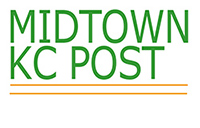

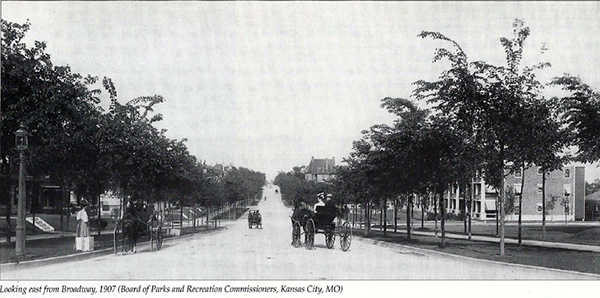
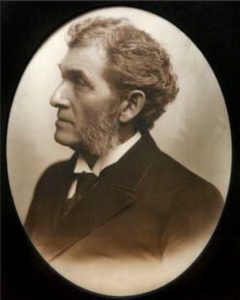
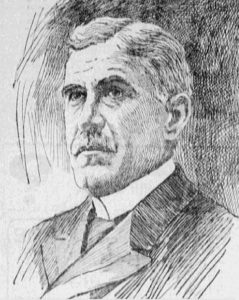
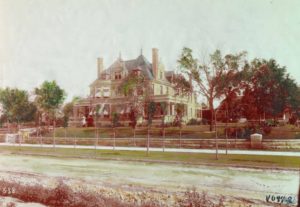

Who’s talking